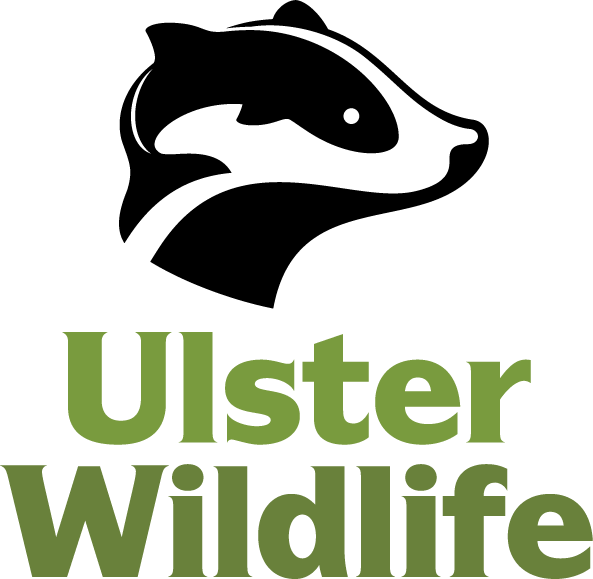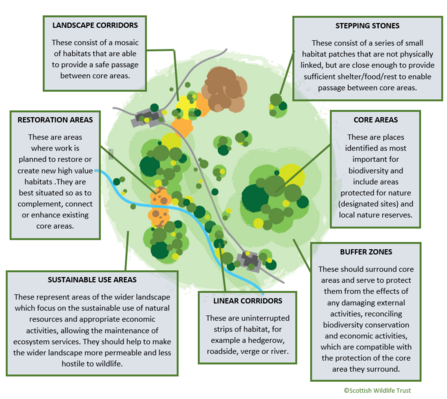We need nature and nature needs us
It probably doesn't need repeating that we are living in unprecedented times, being faced with not just one but two human-induced crises: one on biodiversity loss and one on the changing climate. Not only did we break our all-time temperature record three times within the span of a week this summer, but recent research by the Natural History Museum and the RSPB put Northern Ireland 12th worst out of 240 countries when it comes to biodiversity loss, largely driven by the loss and fragmentation of habitats. Moreover, there is a clear link between nature and public health – both mental and physical – with access to nature one of the defining factors of our individual experiences of the Covid-19 pandemic. It is clear that we need to nature, but we are failing to protect it.
Action to tackle the nature and climate crises are inextricably linked, something which was recognised for the very first time during the COP26 conference in Glasgow. It has been estimated that nature-based solutions (NBSs), such as peatland restoration, have the potential to deliver as much as 37 per cent of the cost-effective climate mitigation to ensure that our global warming is kept below two per cent, by 2030, yet, while global leaders congregated at COP26, Northern Ireland remains the only country in the whole of Europe with no climate change legislation. Our decision-making in Northern Ireland around biodiversity conservation and tackling climate change continues to not meet the necessary level and speed of impact. To effectively address the nature and climate crises in Northern Ireland, and to contribute towards global goals, we need a transformative step-change in how we do things and to move towards effectively managing and actively restoring nature and at a landscape scale.
To effectively address the nature and climate crises in Northern Ireland, and to contribute towards global goals, we need a transformative step-change in how we do things and to move towards effectively managing and actively restoring nature and at a landscape scale.


